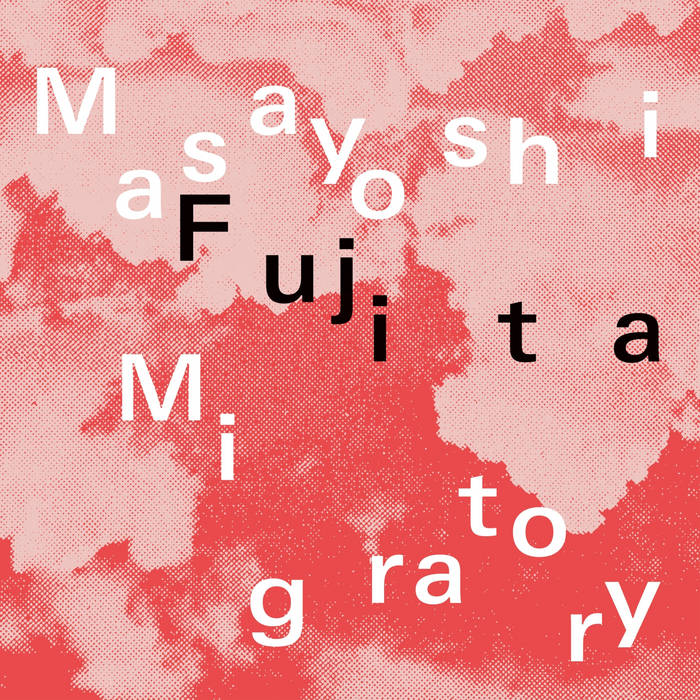Migratory is as much an album about movement as it is about finding one’s place in the world. After thirteen years of living in Berlin, Masayoshi Fujita and his family moved to Japan in 2020. Back in the country of his birth in the mountain village of Kami-cho within the Hyōgo prefecture, Fujita converted an old kindergarten into a studio and began to live out his dream of making music while communing with nature, proverbially carving himself into the fabric of the land like a Frank Lloyd Wright edifice. Migratory certainly sounds as though the composer has found some kind of concord with the world around him, the culmination of a journey, although it continues to ask interesting questions too.
The first fruits of the marimbist’s endeavours in his new home is thematically twinned to his previous title, Bird Ambience, from 2021. Murmurations have become increasingly popular as a theme in ambient music, and it’s easy to see why: patterns streaking across the sky are visually poetic, and they seem to embody both singularity and collectivism, freedom and cooperation, the abstract and the figurative. Opening track ‘Tower of Cloud’ consists of two voices that are alien from each other but co-exist peacefully, and even cohere in the listener’s consciousness. It’s only when you really start to pick it apart that you notice a piquant synth line is inhabiting the same space as some more plaintive and occasionally busy vibes. There’s more mingling too on ‘Distant Planet’, which begins as a solitary marimba line that is eventually met by a yearning drone sound in the distance. It shouldn’t be too hard to spot the political subtext.
There are guests, too, to enforce the undercurrent of internationalism and cooperation, though not cloyingly so. Moor Mother aka Camae Ayewa, the Philadelphia-based Afrotopian noisemaker, poet and activist from the Black Quantum Futurism collective, drops in on ‘Our Mother’s Light’ for some spoken word. The Swedish composer Mattias Hållsten similarly lays some shō on three tracks, including the heavily ambient closing song ‘Yodaka’, which is redolent of Fujita’s work with the German electronic musician Jan Jelinek in its atmospheric tactility. The watchword throughout is inclusivity, with perhaps a scintilla of middle-class guilt hiding in amongst it all. Migratory is a beautiful listening experience that should hopefully bring some succour to you, wherever you might be.


